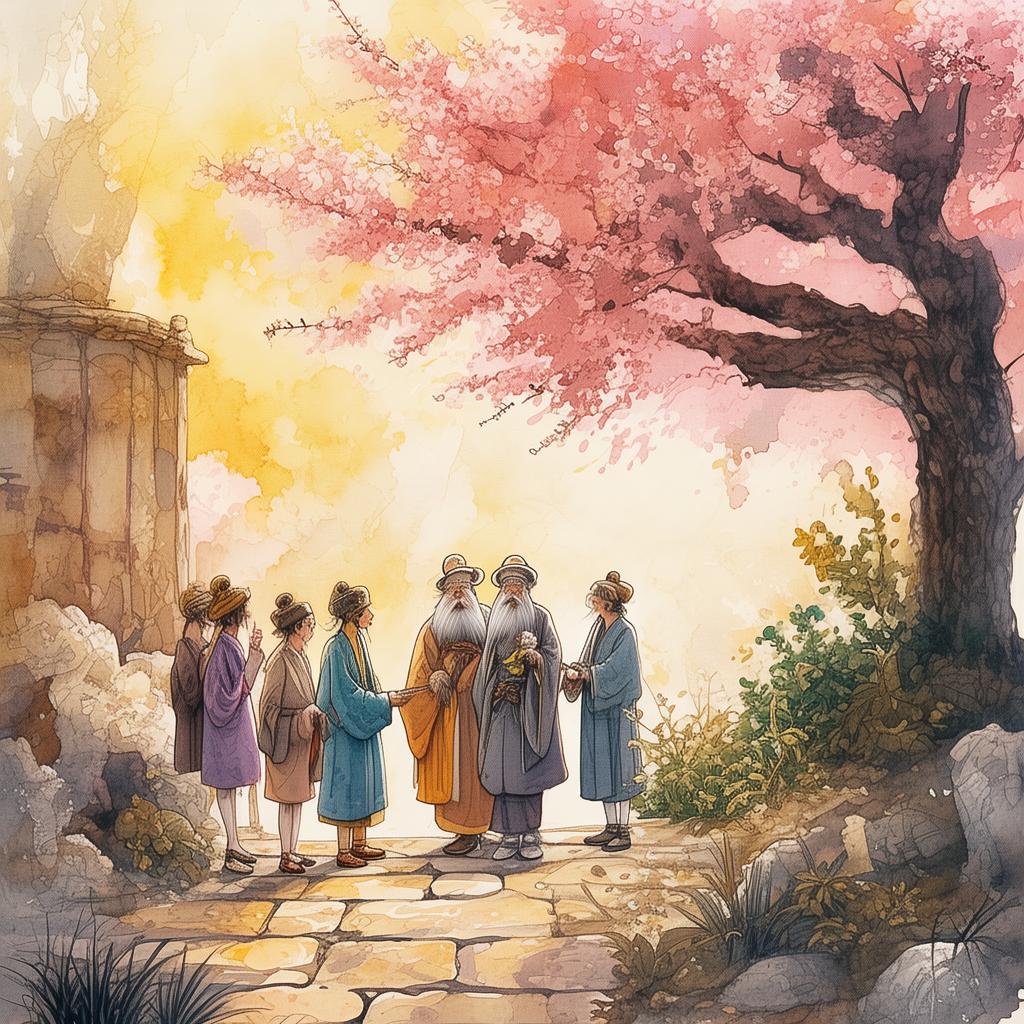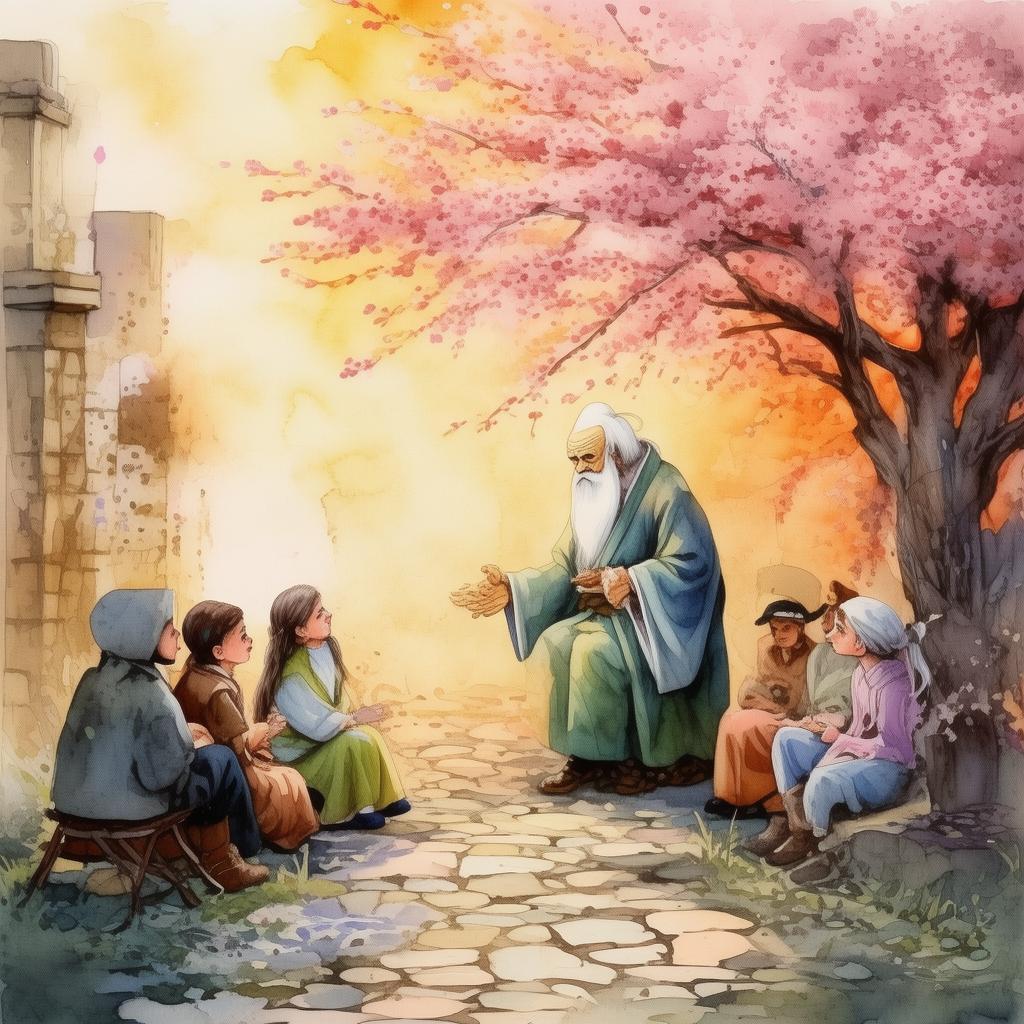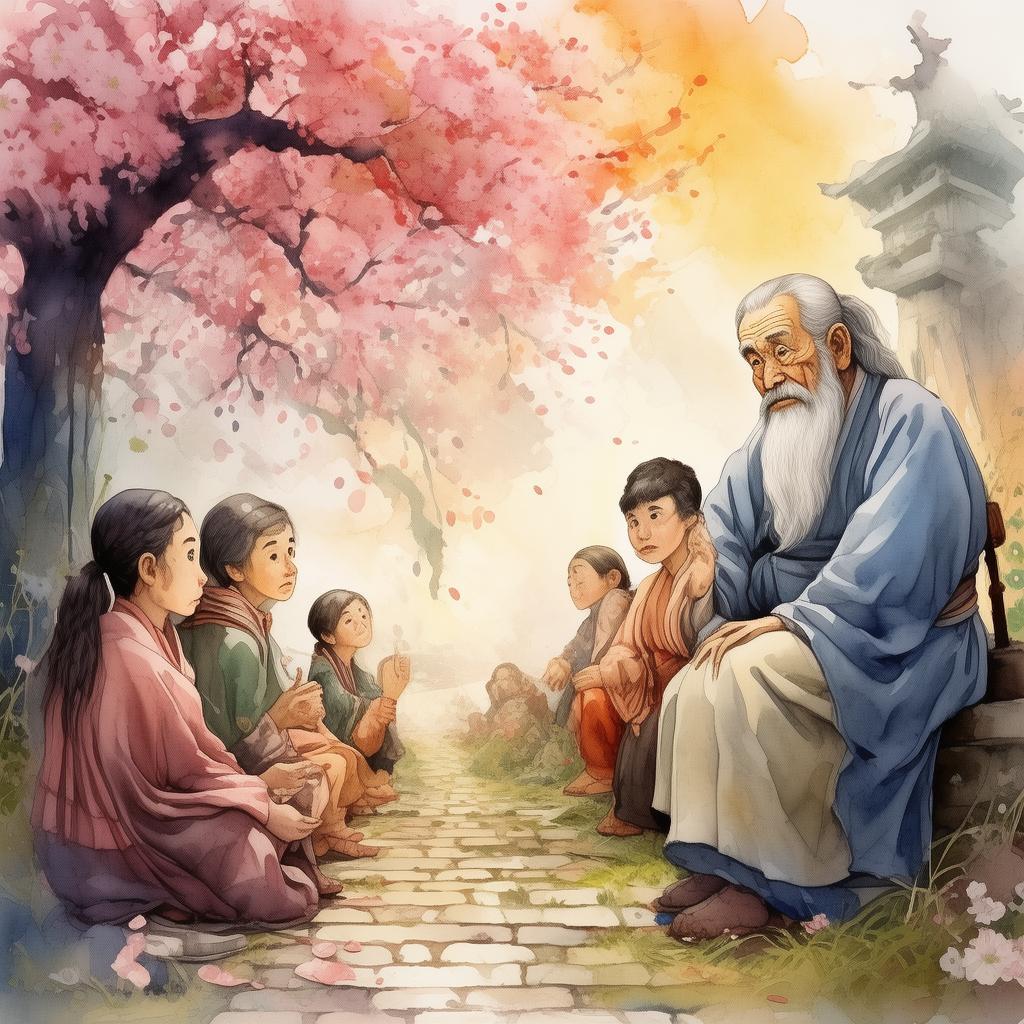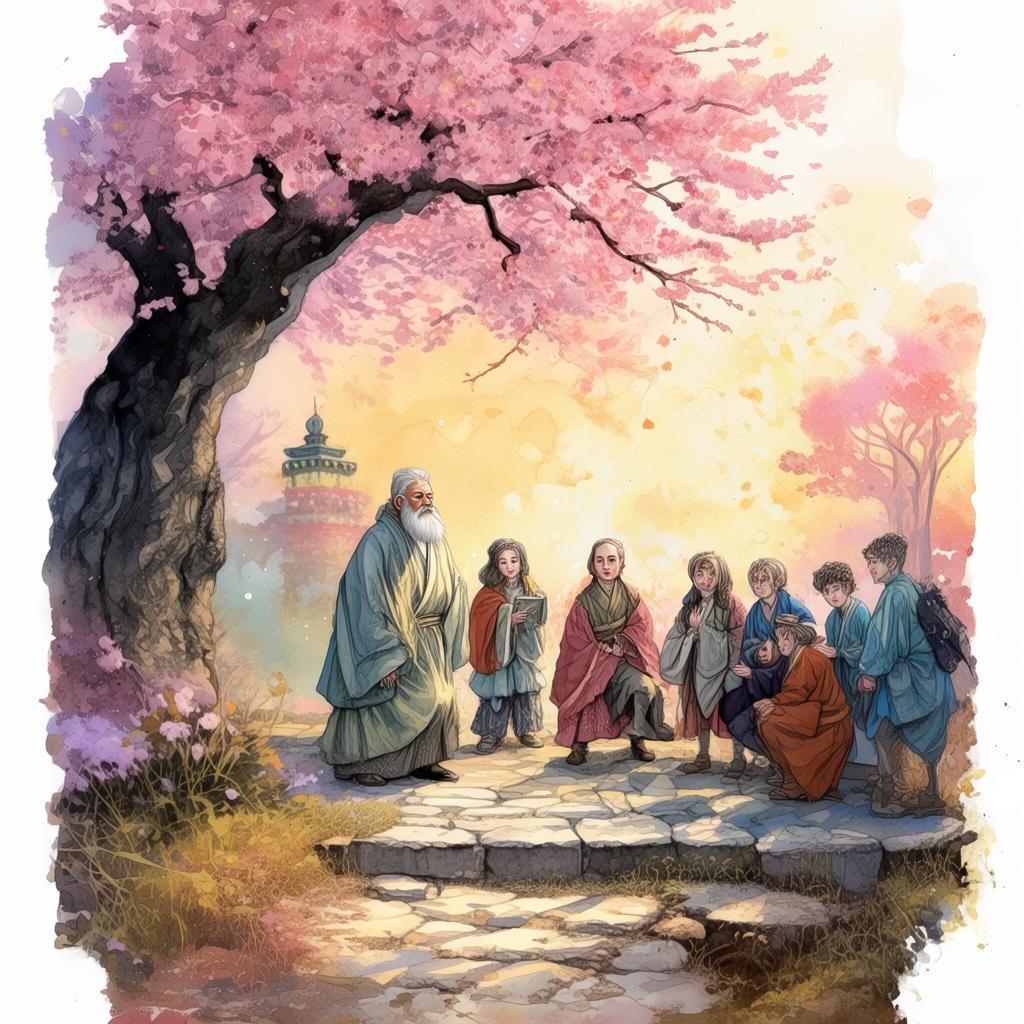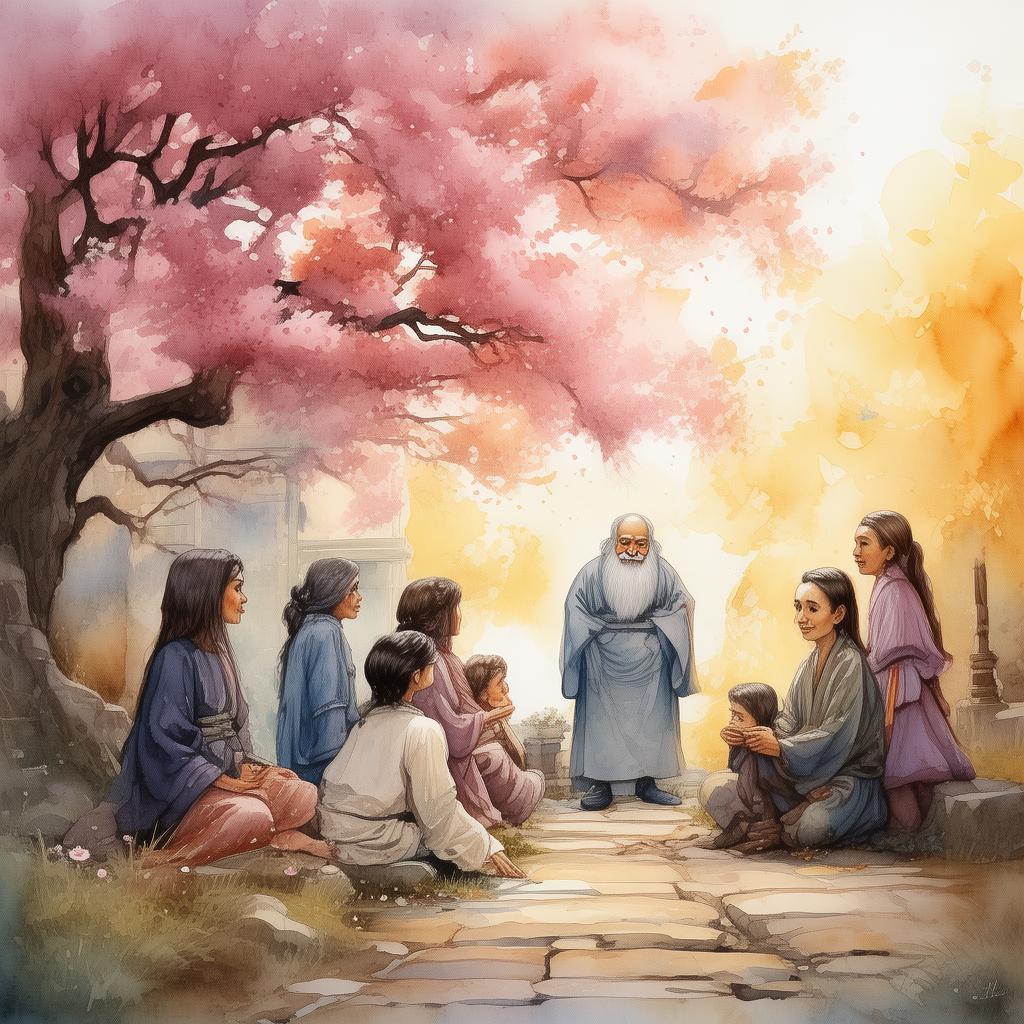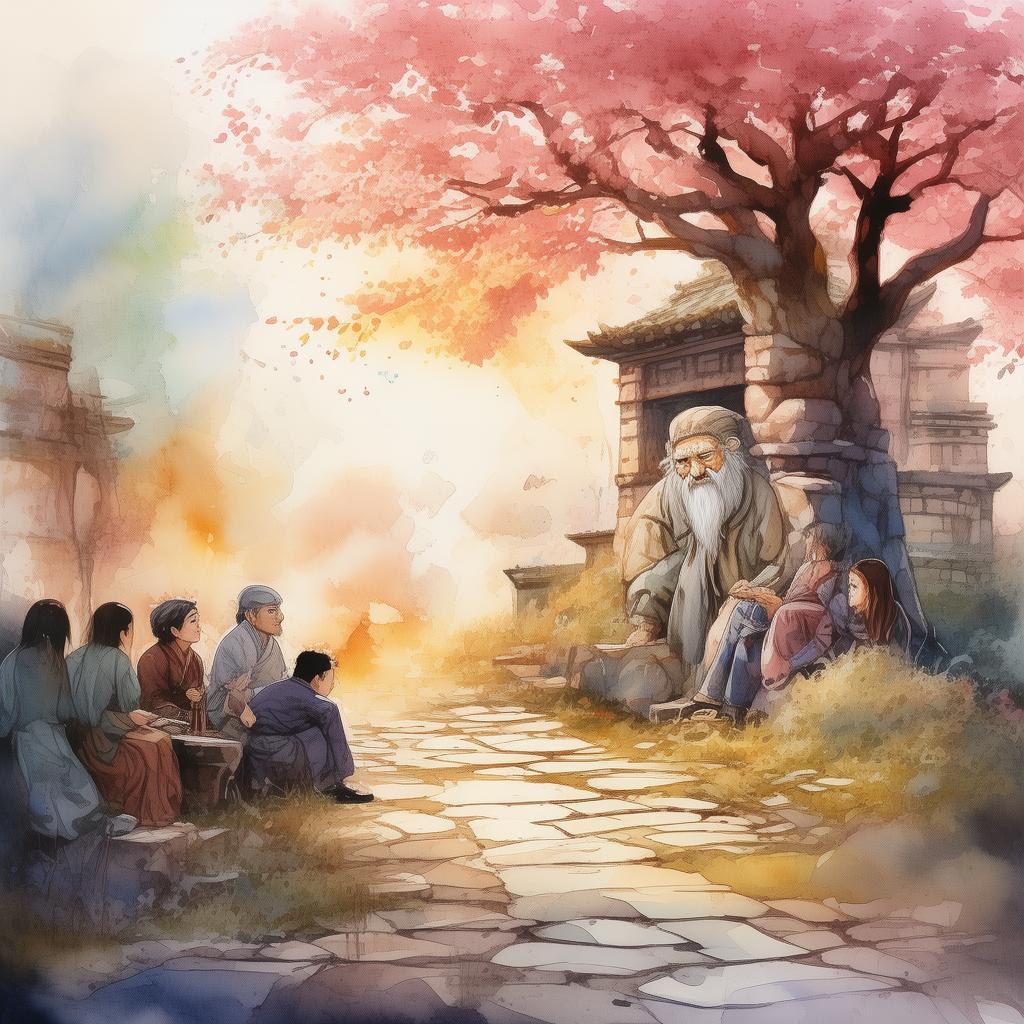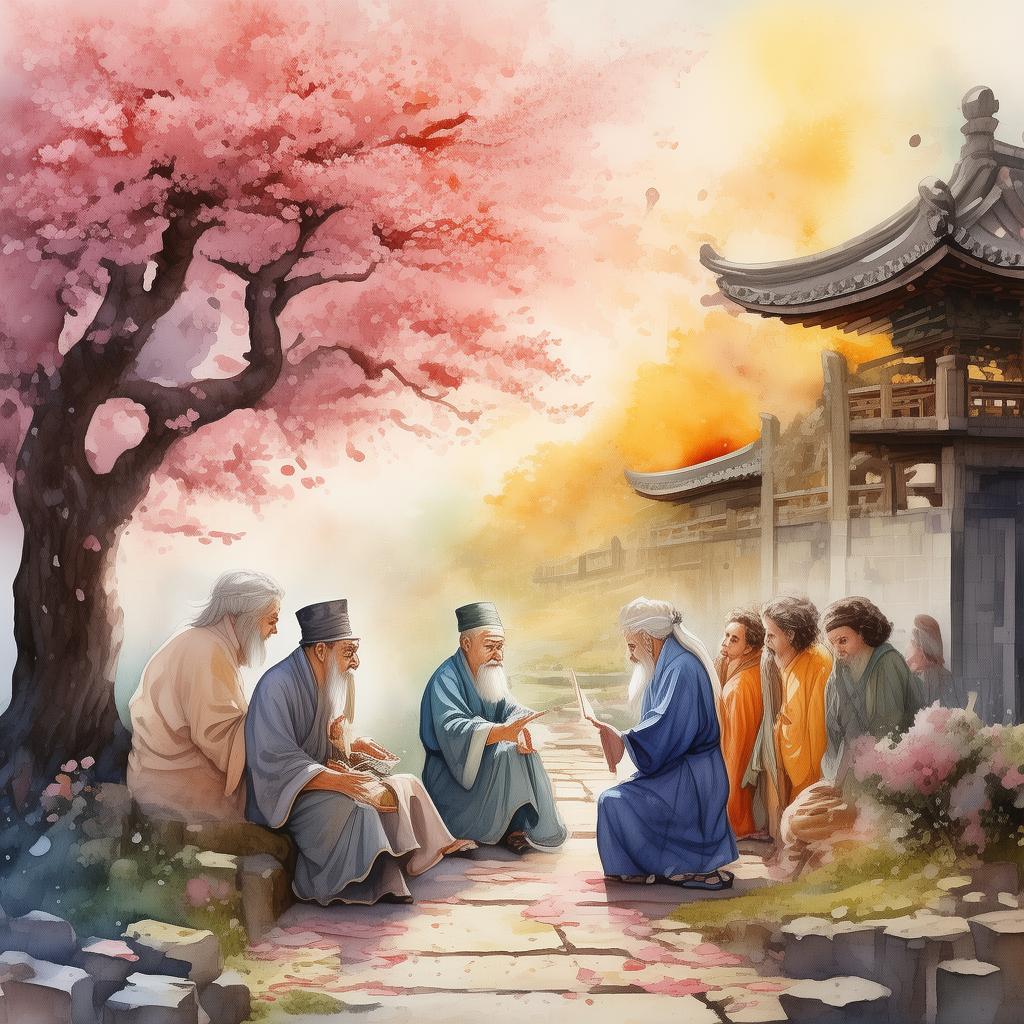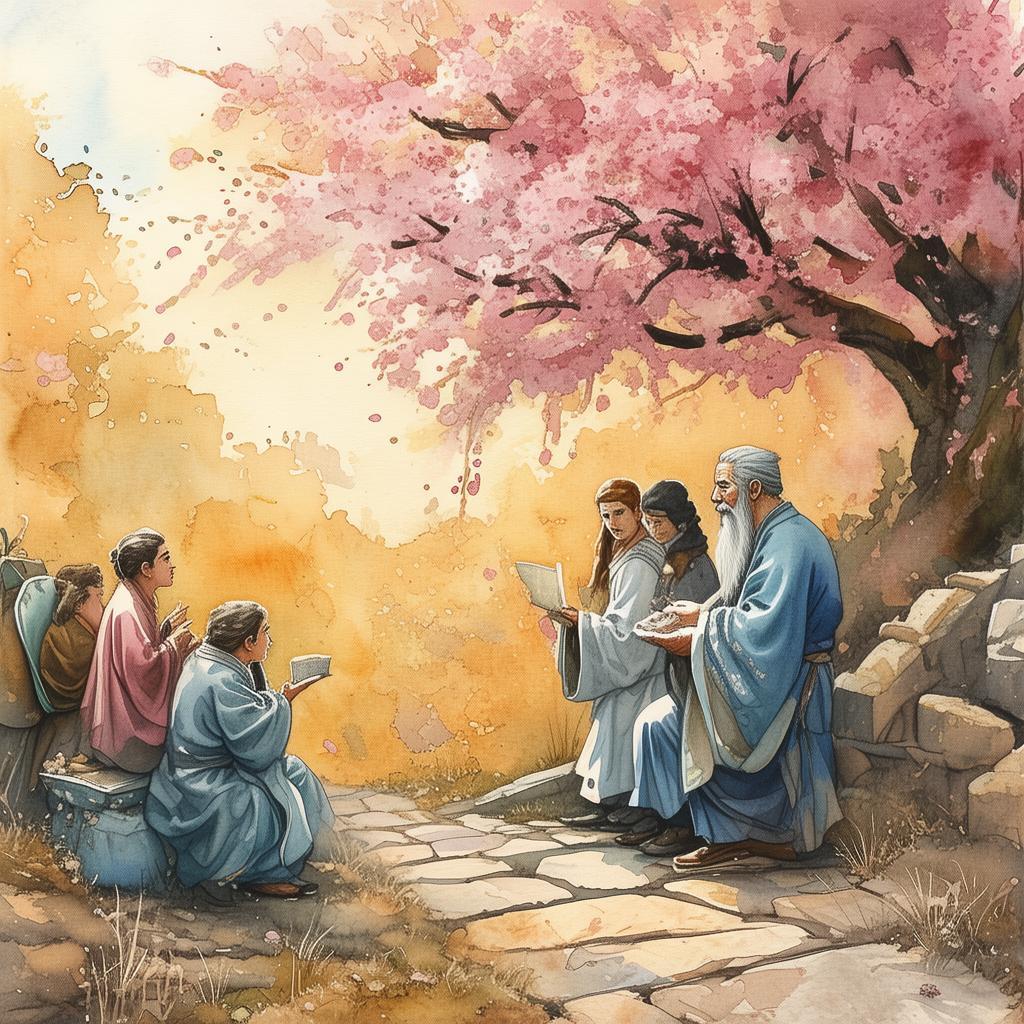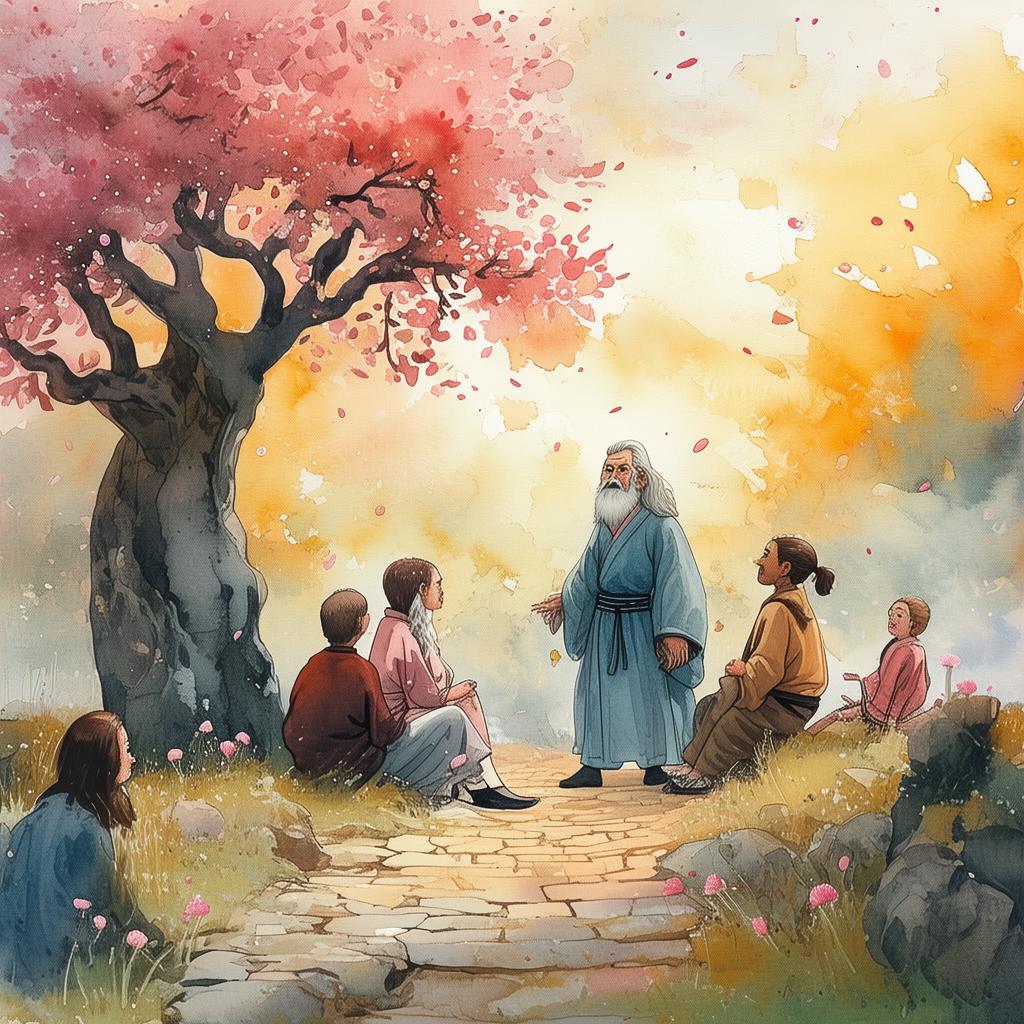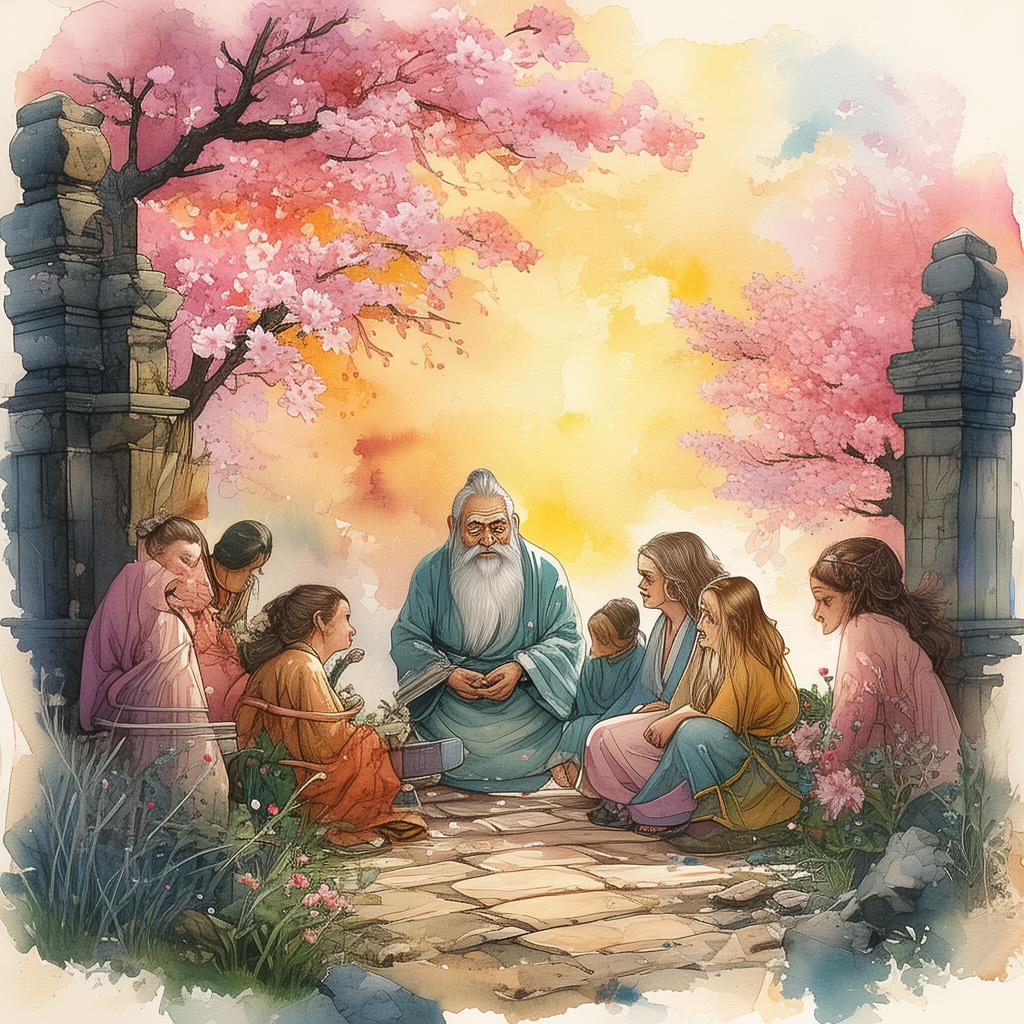Whispers of a Dystopian Debt
In the heart of a world that once thrived under the banner of a perfect society, a young visionary named Elara had grown up believing in the ideals of her ancestors. The city of Lumina was a beacon of harmony, where technology and nature coexisted in a seamless blend, and the people lived in unison. But as Elara matured, she began to sense the cracks in the facade of this so-called utopia.
One evening, as she wandered the serene streets of Lumina, Elara stumbled upon an old, dusty book hidden in the shadows of an abandoned library. The book, titled "The Debt of the Dystopian Dream," spoke of a time when the city was not as perfect as it appeared. It told of a debt incurred by the founders of Lumina, a debt that was so great that it had been hidden from the eyes of the citizens for generations.
Intrigued and troubled, Elara delved deeper into the book's cryptic messages. She discovered that the debt was not a financial one but a moral and ethical one, incurred by the founders for sacrificing the freedom and individuality of the people in exchange for the illusion of utopia. The founders had bound the people to a system of surveillance and control, ensuring that the illusion of harmony would never be threatened.
As Elara grappled with the truth, she began to experience strange visions and whispers that seemed to echo the voices of the long-dead founders. The whispers grew louder, urging her to take action. She realized that she was the key to unraveling the debt and restoring the true essence of Lumina.
Elara's quest led her to the heart of the city, where she encountered the enigmatic figure known as The Debtor. The Debtor was the guardian of the debt, a being that had been shaped by the founders' original sin. It revealed to Elara that the debt was not only a moral one but also a literal one, bound to her very soul.
The Debtor explained that Elara was born with the debt embedded in her DNA, and it was her destiny to pay it back. To do so, she had to undergo a series of trials that would test her strength, courage, and resolve. Each trial would reveal a piece of the truth about the founders' hidden past and the true nature of the debt.
The first trial was a confrontation with the founders' legacy, a manifestation of the founders' collective guilt. Elara had to face the founders' voices, which berated her for her curiosity and her willingness to challenge the status quo. She had to choose between embracing the founders' vision and seeking the truth.
The second trial was a journey through the dark alleys and forgotten corners of Lumina, where Elara discovered the truth about the founders' sacrifices. She saw the pain and suffering they had caused, and she understood the weight of the debt they had incurred.
The third trial was a test of Elara's resolve. She had to make a choice that would either free her soul from the debt or bind her to it forever. The Debtor offered her a choice: to destroy the debt and bring an end to the illusion of utopia, or to embrace the debt and continue the cycle of control.
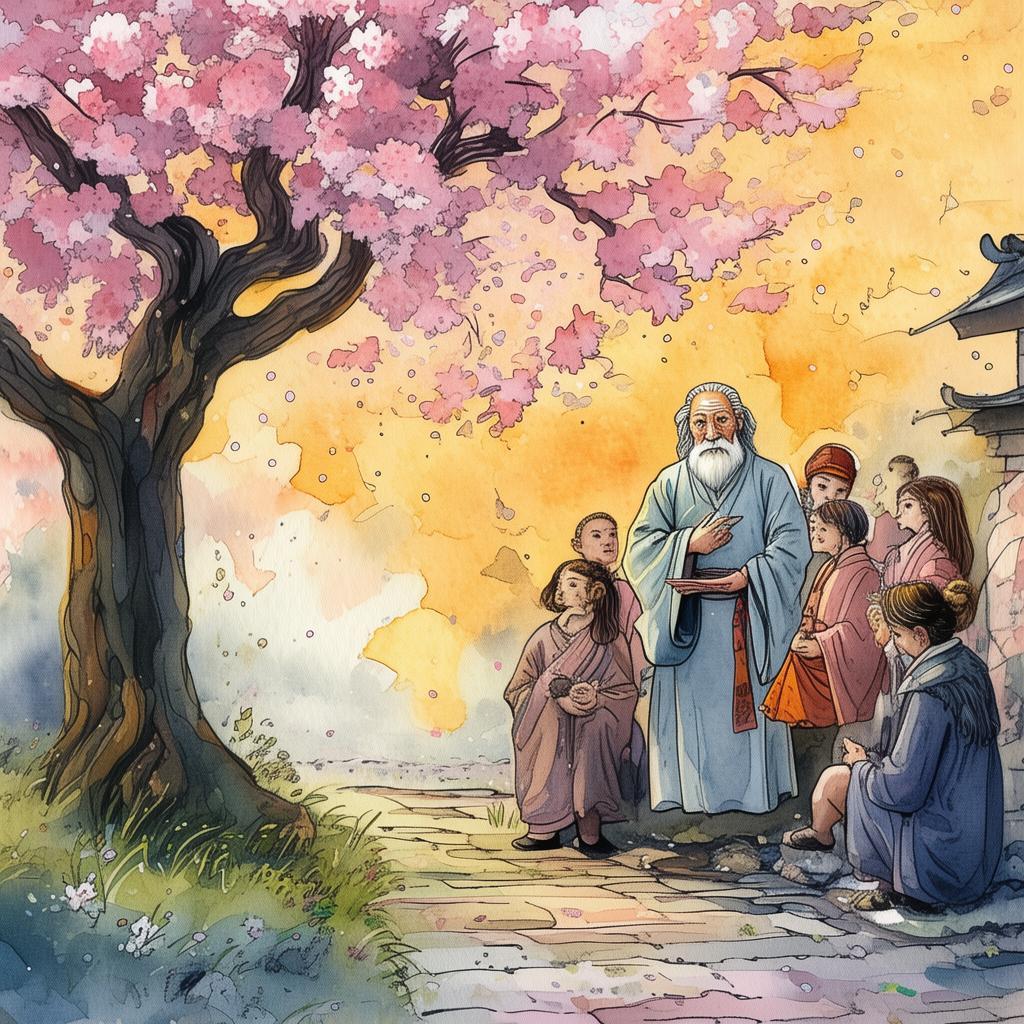
Elara, torn between the ideals of her ancestors and the truth she had uncovered, made her decision. She chose to destroy the debt, to tear down the illusion of utopia and rebuild Lumina on a foundation of truth and freedom.
In a final, climactic confrontation with the Debtor, Elara used her newfound strength to break the cycle of control. The Debtor, realizing that Elara was truly free from the debt, dissolved into nothingness. The whispers faded, and the weight of the debt lifted from Elara's soul.
With the debt gone, Lumina was free to rebuild itself on the principles of freedom and individuality. Elara became the symbol of the new Lumina, a city that was not perfect but was true to itself. And though the road ahead was uncertain, Elara knew that she had taken the first step towards a brighter future.
In the end, Elara's journey was not just about paying off a debt but about rediscovering the essence of humanity and the power of truth. Her story served as a warning to those who would seek to control others in the name of utopia, and it was a testament to the resilience of the human spirit.
✨ Original Statement ✨
All articles published on this website (including but not limited to text, images, videos, and other content) are original or authorized for reposting and are protected by relevant laws. Without the explicit written permission of this website, no individual or organization may copy, modify, repost, or use the content for commercial purposes.
If you need to quote or cooperate, please contact this site for authorization. We reserve the right to pursue legal responsibility for any unauthorized use.
Hereby declared.
